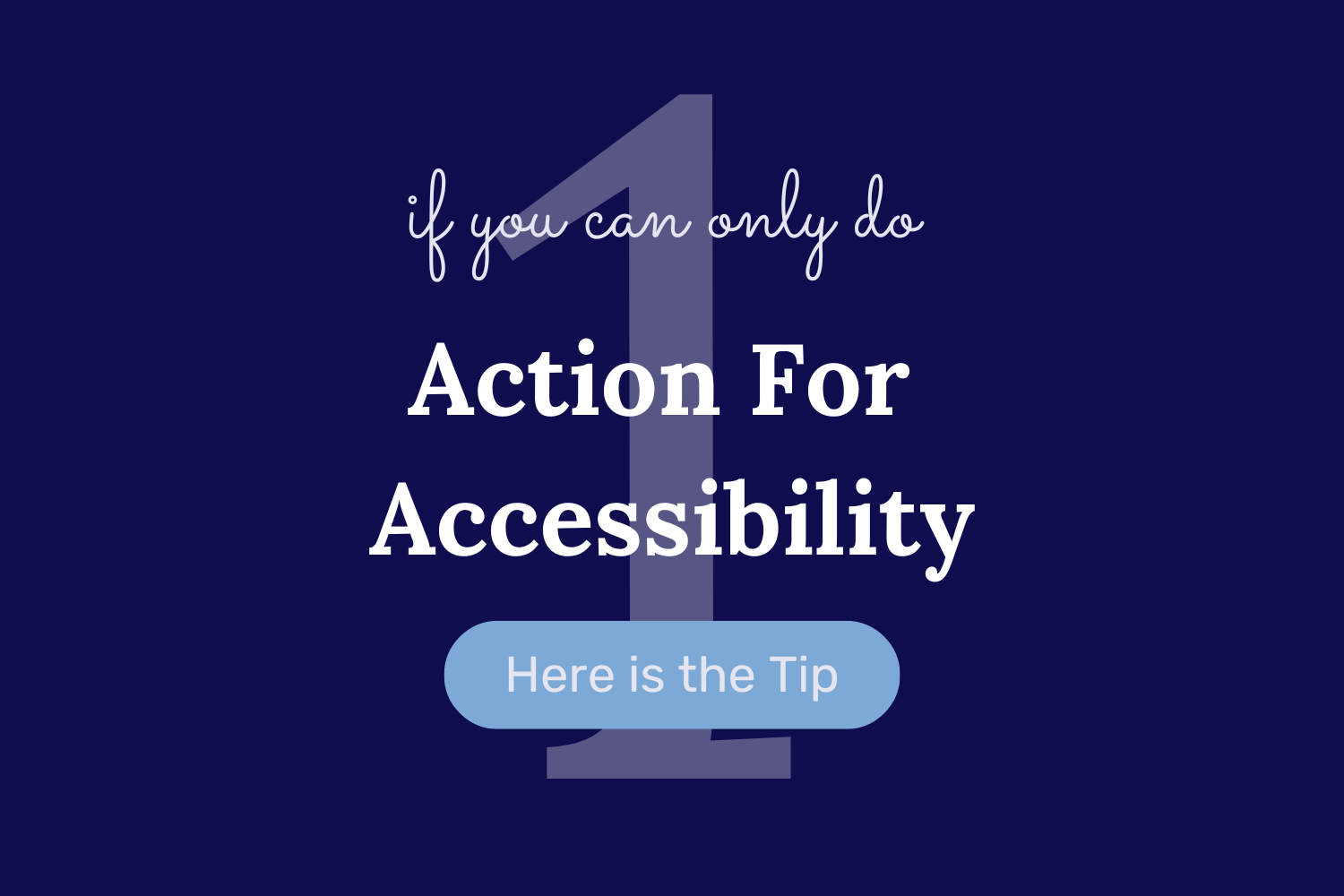There have been many awkward situations when someone either sees my hearing devices or when I say that I am deaf and do not know how to react. These situations either go three ways. The person understands and asks what I need before continuing, the person is unfazed or does not care, but more commonly, the person froze, does not know what to do, and leaves.
Asking is important. Assuming the situation will more often than not, create harm as the needs could not be met. Striving for inclusion requires an understanding of identity and how it affects a person’s reaction to the situation. Why is asking important?
Personal identity is, well, personal. Not everyone with the same diagnosis or similar traits will identify the same. Lived experience heavily influences how you identify and how you feel about the identity. There are many factors that shape who we are and when your access depends on it, asking becomes incredibly important.
However, asking has not been the priority when considering differences of needs. Assumption based on prior knowledge has been the approach for so long that the burden ends up on the person who needs your assistance and kindness. From thinking that one person’s experience is all you need to assume needs for a group with similar needs to thinking about our education, ways of obtaining knowledge considers the people who have the lived experience.
The difference between personal identity versus the group identity, especially with access needs considered within disability is not clear or consistent. Personal identity specifies where you are in the spectrum of disability, how much experience you have with the disability, and the intersectionality with other disabilities and identities. Group identity may not consider the intersectionality depending on who is leading the voice of the group. Group identity may consider the spectrum of disability but can also have its elite status of who is the best to represent the group and its goals.
Identity is heavily shaped on what the norms of society imposed onto the community over the years and its impacts. This is why the conversations can be quite polarizing as different opportunities and resources (or lack of them) can shift the conversation in a different direction. Majority of the time, it is driven by expectations and fear.
Expectations that the tools available work wonderfully and meet what is considered normal. The tools and resources you have allows full independence and is available equitably for everyone. This is not reality.
Fear comes from not having your needs met, feeling like your struggles are meaningless without a diagnosis, your language taken away, your method of communication not being respected, your equipment is on the brink of being broken, and so on. This doesn’t even include what everyone worries about, food, housing, safety, etc.
Many factors can shape someone’s reaction to a situation. Asking can alleviate a significant amount of stress for everyone if listening is part of the process.
As an overview, asking is important because
-
assuming someone’s situation and needs can cause great harm. It may not be correct and emotional labour can be involved making the situation more stressful.
-
it shifts the focus from disability to assistance. You are obtaining consent and respect in the process.
-
not everything is what it seems.
-
Devices are both a choice by others (parents, family, schools, society, etc.) and personal choice
-
Mobility challenges do not just have one image of a person who uses a wheelchair, do not assume that the person who does not fit that image is not struggling.
-
Conflicting narratives and choices leading to different approaches to assistance and independence.
-
-
It can be for everyone. It does not have to be limited to those with a disability. Everyone can have bad days and temporary disabilities exist. Flexibility can help everyone. Persons with disabilities just happen to need it more often because we do not live in a society where universal design exists in every space and interaction.
So,
do not assume anything.
Just ask.
Be non-judgement and flexible in the situation.

